Editorial Review Committee
The Journal of Taiji Science (JTS) is supported by an international Editorial Peer Review Committee composed of interdisciplinary experts across science, medicine, humanities, and traditional practices. We are currently in the process of expanding our Board membership.
(in no particular order)
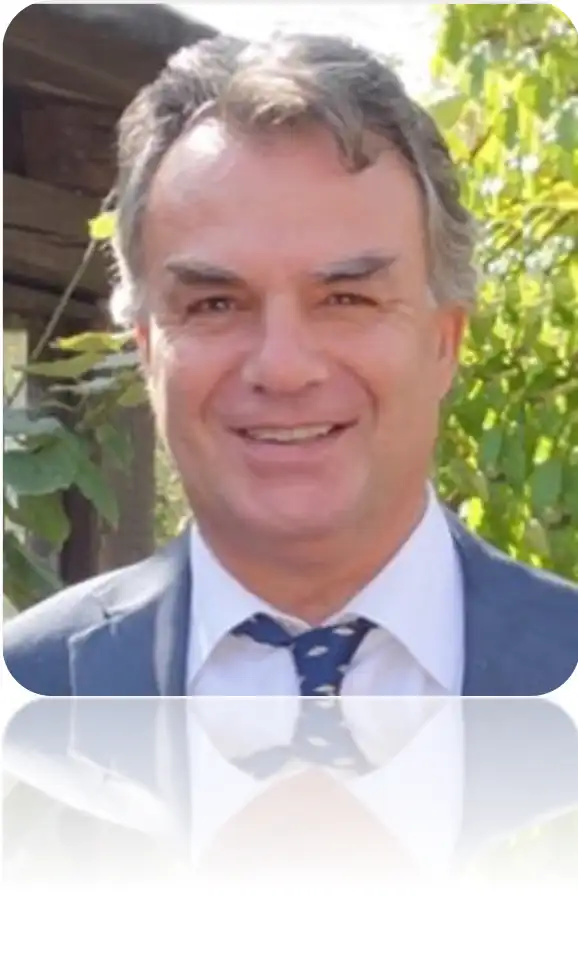
Dr. Bill Drougas, MSc, PhD, PhD (Greece)
Dr. Bill Drougas is a full professor at the University of Ioannina in Greece, holding dual PhDs in Physics and Neurophysiology. He is an internationally recognized researcher in somatic cognition, neurodynamics, and movement perception, with numerous publications bridging science and embodied practice.
He is also the 13th-generation lineage holder of Chen-style Taijiquan and founder of the Cheng Dao Academy of Taijiquan and Qigong. With over four decades of experience in Chinese internal martial arts, he has taught and promoted Taiji, Qigong, and related disciplines across Europe, Asia, and North America.
His research and teaching philosophy emphasize the integration of traditional embodied wisdom and modern science, particularly in areas such as neuroplasticity, cognitive health, and somatic education. Dr. Drougas frequently presents at international conferences on neuroscience, Taiji philosophy, and internal martial arts pedagogy, and is a respected bridge between scientific inquiry and traditional healing arts.
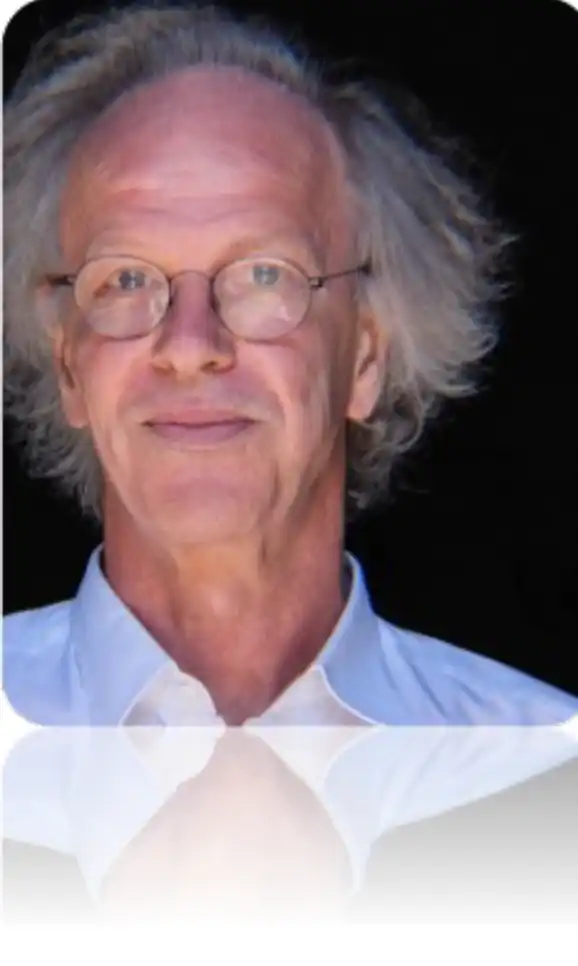
Dr. Eric Caulier, PhD (France)
Dr. Eric Caulier is a French anthropologist, somatic educator, and 6th Duan certified Taijiquan master. He earned his Ph.D. from the University of Nice Sophia Antipolis (LAPCOS Laboratory), where he focused on creative embodiment and somatic intelligence in traditional practices.
He has trained extensively in all five major styles of Taijiquan and studied directly under renowned masters such as Men Hui Feng and Kan Gui Xiang. As founder of the Cheng Dao School in Europe, he has taught and promoted Taiji across France, Belgium, Switzerland, and beyond, combining pedagogy, embodiment theory, and cultural transmission.
Dr. Caulier is a pioneer in blending Eastern traditions with Western research frameworks, developing interactive Taiji learning tools and somatic inquiry methods that support self-cultivation, mental health, and consciousness studies. He has authored over a dozen publications on body-mind practices, martial arts education, and the anthropology of movement, and continues to lecture internationally on embodied wisdom and holistic health.
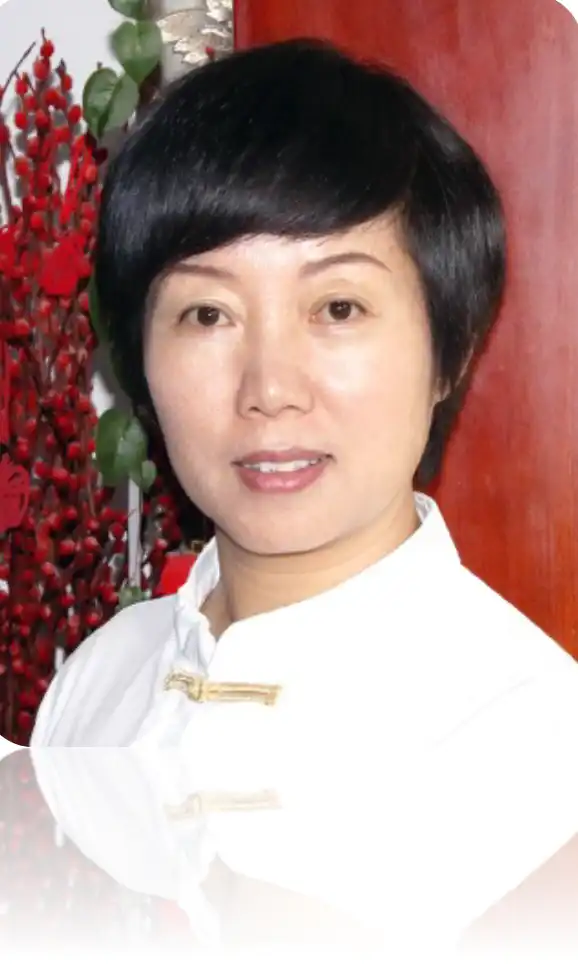
Associate Professor Lingling Yu(China)
Lingling Yu is an Associate Professor at Inner Mongolia Normal University and a visiting scholar at Beijing Sport University. She holds the 8th Duan in Health Qigong, is a national-level referee, and a certified social sports instructor.
She serves as Deputy Secretary-General of the World Taiji Science Federation and is a member of the China Medical Qigong Association. Her research focuses on Taijiquan culture and health promotion through traditional exercise. She has led several national and provincial projects and contributed to the Health Qigong Teaching Manual.
Recognized as an outstanding educator in Inner Mongolia, she frequently conducts instructor and referee training programs across China. She has represented China in international Qigong missions and served as chief referee in major events, including the National Games and the 2022 Winter Olympics showcase.
She is a national champion in Five-Animal Exercises and Daoyin, and has coached students to over 20 national awards in Health Qigong competitions.
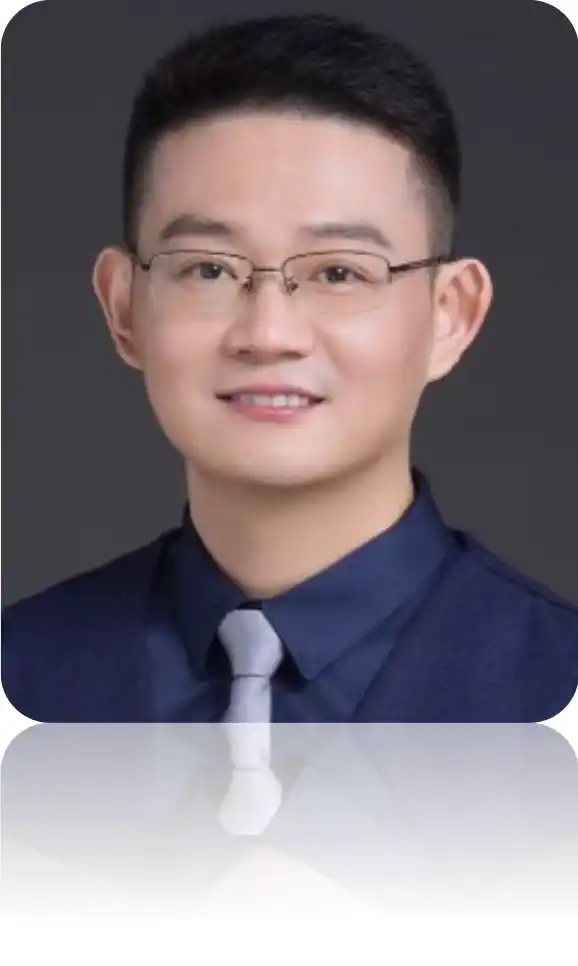
Dr. Kang Tao, PhD (China)
Dr. Kang Tao holds a Ph.D. in Education and completed postdoctoral training at Sun Yat-sen University, where he also served as a graduate advisor and taught for over a decade. His academic work focuses on health education, physical culture, and traditional Chinese sports.
He is currently an Associate Professor at Guangzhou Transportation University (in preparation), recruited as a high-level academic talent. His research emphasizes the history and culture of Taijiquan and its role in health promotion.
Dr. Kang has led two projects funded by the National Social Science Foundation of China and three others at provincial or ministerial levels. He is the sole author of two scholarly monographs and has published 27 academic papers in SCI, CSSCI, and other leading journals.
He also serves as a peer reviewer and editorial board member for journals in education, health science, and martial arts studies, contributing to interdisciplinary dialogue in Taiji research and practice.
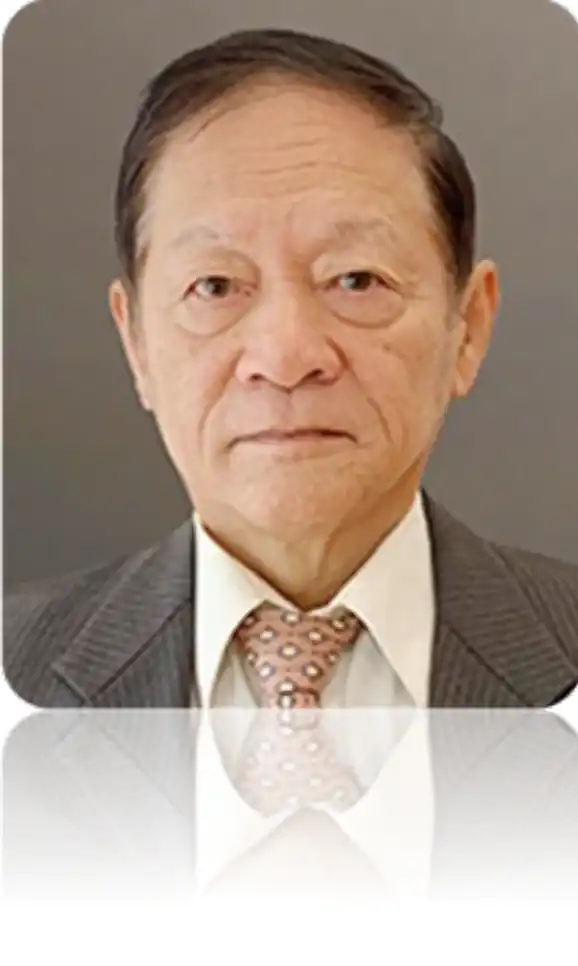
Dr. Chi-hsiu Daniel Weng, PhD (USA)
Professor of Kinesiology, San Jose State University
President, U.S. Collegiate Taiji Federation
He also serves as Vice President of the World Shuai Jiao Federation and Honorary Dean of the College of Taiji at the University of East-West Medicine. He holds a Ph.D. in Sports Pedagogy and a 9th-degree black belt in Shuai Jiao.
A former national Shuai Jiao champion in Taiwan, Dr. Weng has led U.S. teams to success in international competitions. He is a certified international referee and serves on academic and policy boards advancing martial arts in health and education.
Dr. Weng teaches Ch’ang-style Taijiquan, Shuai Jiao, and Qigong, and created Cardio Taiji—a method that integrates Taiji with exercise science to support cardiovascular health. His work promotes martial arts as tools for wellness, rehabilitation, and cultural exchange. He has authored books and curricula widely used in schools and universities, bridging Eastern traditions and Western movement science.
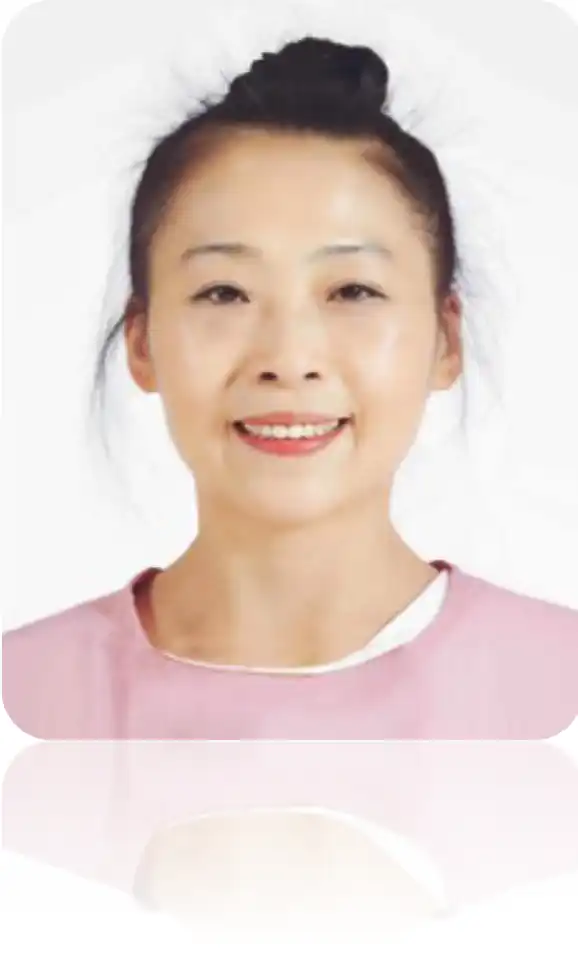
Dr. Wen Ke, PhD (France)
Dr. Ke Wen, based in France, is an internationally recognized expert in Chinese health culture and a Ph.D. graduate in Traditional Sports from Shanghai University of Sport. She is a lineage inheritor of Wudang martial arts and a leading voice in promoting Qigong and Taiji in Europe.
As co-founder of Les Temps du Corps and founder of the Ke Wen Institute, she has spearheaded programs that integrate traditional Chinese wellness practices into modern health and education systems. She is an executive member of the International Health Qigong Federation and a frequent speaker at global conferences on mind–body integration, wellness, and preventative health.
Her influential books, including Enter the Practice of Qigong and The Treasures of Chinese Medicine for the Modern World, have helped bridge Eastern and Western approaches to health, embodiment, and lifelong self-cultivation.
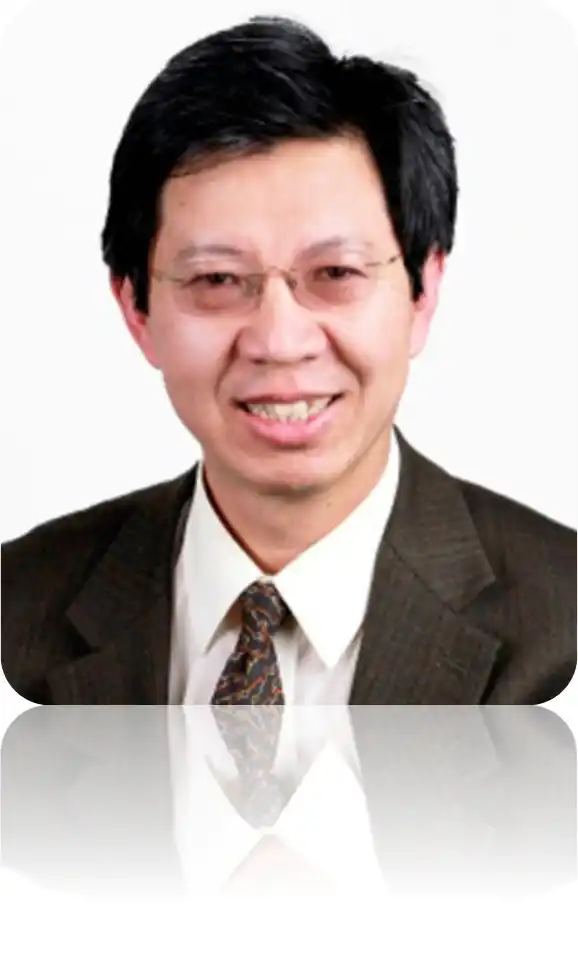
Dr. Matthew He (USA)
Dr. Matthew He is a Full Professor at the Halmos College of Arts and Sciences, Nova Southeastern University, Florida, USA. He was named an Academician of the European Academy of Informatization in 2004 and received the World Academy of Sciences Achievement Awards in 2003 and 2010 for his contributions to computing and interdisciplinary research. He has authored or edited over 30 academic books and proceedings and published more than 100 papers in mathematics, bioinformatics, non-rigid motion analysis, information theory, and the mathematical modeling of Tai Chi movements. His research reflects a strong interest in integrating scientific analysis with traditional movement systems. Dr. He also serves as an invited series editor for Henry Stewart Talks in Biomedical and Life Sciences. As a member of the Journal of Taiji Science (JTS) Editorial Peer Review Committee, he brings an interdisciplinary perspective that supports JTS’s mission of advancing Taiji through both scientific research and cultural understanding.
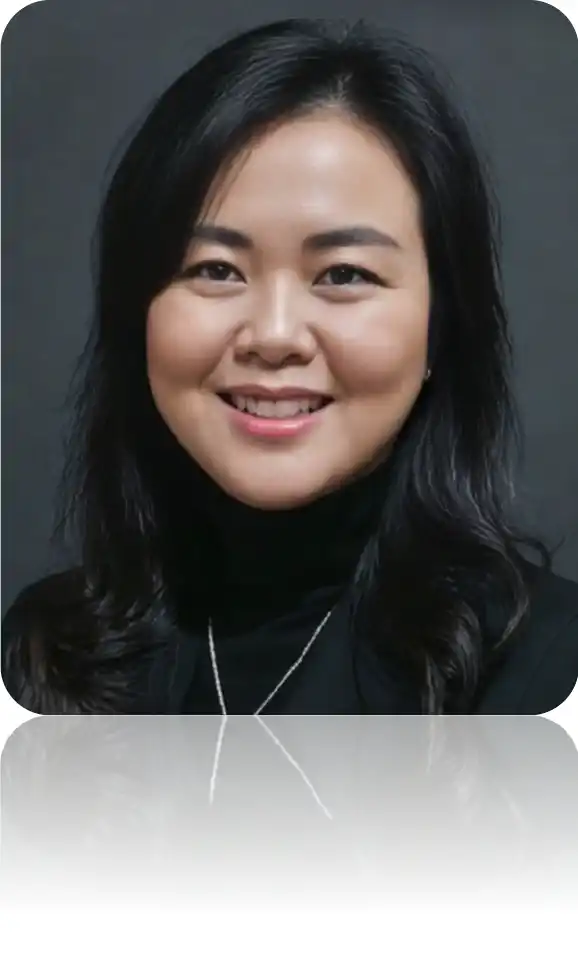
Dr. Fenny Yunita, M.Si., Ph.D.(Indonesia)
Dr. Fenny Yunita is a licensed general practitioner and medical science educator based in Jakarta, Indonesia. She currently serves as a lecturer at the Faculty of Medicine, Tarumanagara University (UNTAR), and practices clinically in North Jakarta.
Holding a Master of Science degree (M.Si.) and a Ph.D. in Integrative Chinese and Western Medicine from Hunan University of Chinese Medicine, her work focuses on bridging traditional herbal medicine—such as Indonesia’s jamu—with evidence-based Western medical practices.
She has authored peer-reviewed publications on therapeutic compounds such as curcumin and ginsenosides and conducted systematic reviews on acupuncture and herbal therapies. As a contributor to national scientific initiatives and a speaker at international events—including the Jamu International Conference & Expo—Dr. Yunita brings valuable interdisciplinary insight to the JTS editorial team, advancing its mission to promote global dialogue on Taiji, Qigong, Wushu, and traditional wellness sciences.

Dr. Wenguo Ma, PhD (China)
Dr. Wenguo Ma (b. July 1970, Qian County, Shaanxi) is a martial arts scholar holding a Ph.D. in Wushu. He served as Chair of the Martial Arts Department at Xi’an Institute of Physical Education and currently directs the Martial Arts Research Institute at the International Hantang Academy. A standing committee member of the Chinese Wushu Association and Vice Chair of both the Shaanxi Wushu Association and the Shaanxi Boxing Association, he also serves on the Youth Scholars Committee of the National Wushu Research Institute. Dr. Ma began training in martial arts at a young age under the guidance of Mr. Gao Xian, former head coach of the Shaanxi Provincial Wushu Team. He has since made extensive contributions to martial arts education and research in China and internationally. His academic leadership and martial arts lineage make him a valuable member of the Editorial Peer Review Committee of the Journal of Taiji Science (JTS), where he contributes deep expertise in Wushu scholarship, traditional training systems, and the integration of historical knowledge with contemporary practice.
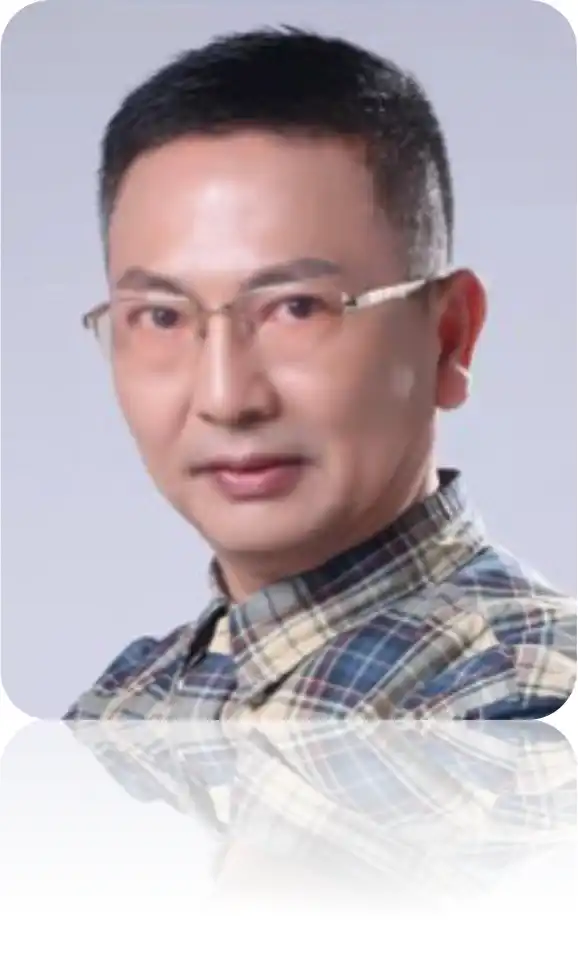
Prof. Rongan Ren (China)
a senior scholar and graduate supervisor, has taught at a medical university for fifty years, specializing in life sciences and national research projects. For thirty-eight years, he has advanced research on Taiji scientific movement and medical Dao-yin for disease prevention, rehabilitation, and medical–martial integration.
He is a Founding Expert of the World “Taiji Science” University Research Association, Distinguished Expert of the Blue Book of World Taijiquan, National Wushu Judge (7th Duan), and reviewer for the National Medical Project Evaluation Committee.
He has won seven provincial/ministerial Science and Technology Progress Awards, authored six books, and published over 50 papers. A multiple national and international gold medalist in Taijiquan, Sword, Broadsword, and Tuishou, he has trained over 10,000 enthusiasts and hundreds of referees and coaches, contributing greatly to Taiji–medicine integration and Chinese cultural promotion worldwide.
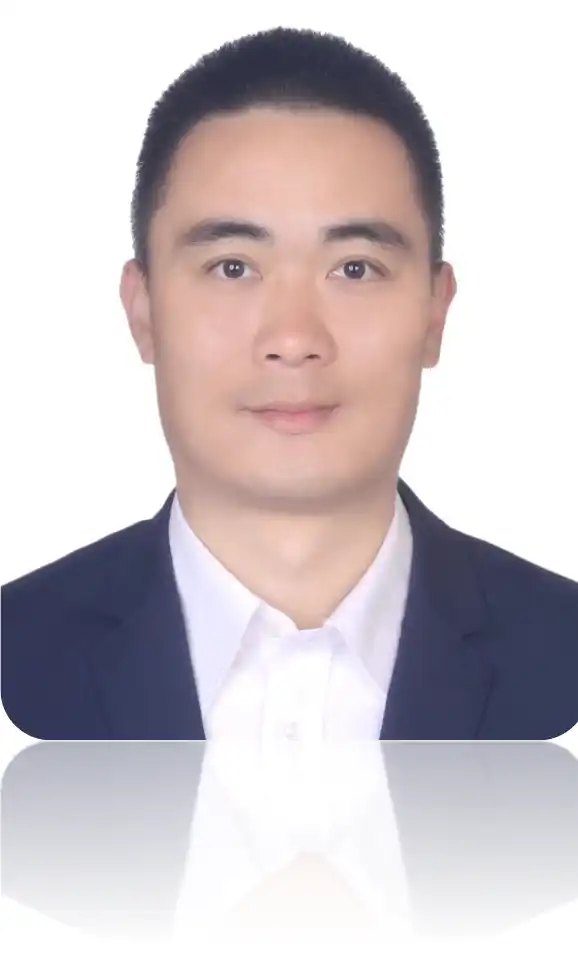
Yulong Yang (China)
Associate Professor Master’s Supervisor of School of Physical Education and Health, Dalian University of Technology
Yulong Yang is an Associate Professor and Master’s Supervisor at Dalian University of Technology, specializing in traditional Chinese martial arts, physical education, and health culture. He holds a 5th Duan in Chinese Wushu and is a recognized inheritor of Cheng-style Baguazhang. From 1995 to 2000, he was a professional athlete on the Jilin Provincial Wushu Team, winning the national sword championship at the 1999 National Youth Wushu Competition and multiple provincial titles in sword and spear.
Professor Yang leads the provincial first-class undergraduate course “Chinese Traditional Martial Arts and Culture” and a “Gold Course” at Dalian University of Technology. He has directed one national-level project funded by the General Administration of Sport of China and one provincial social science project, and participated in two key provincial projects. He has authored or edited two books, published twenty papers (including two in core journals), and presented three papers at international conferences. He actively promotes Chinese martial arts through teaching, research, and cultural exchange.
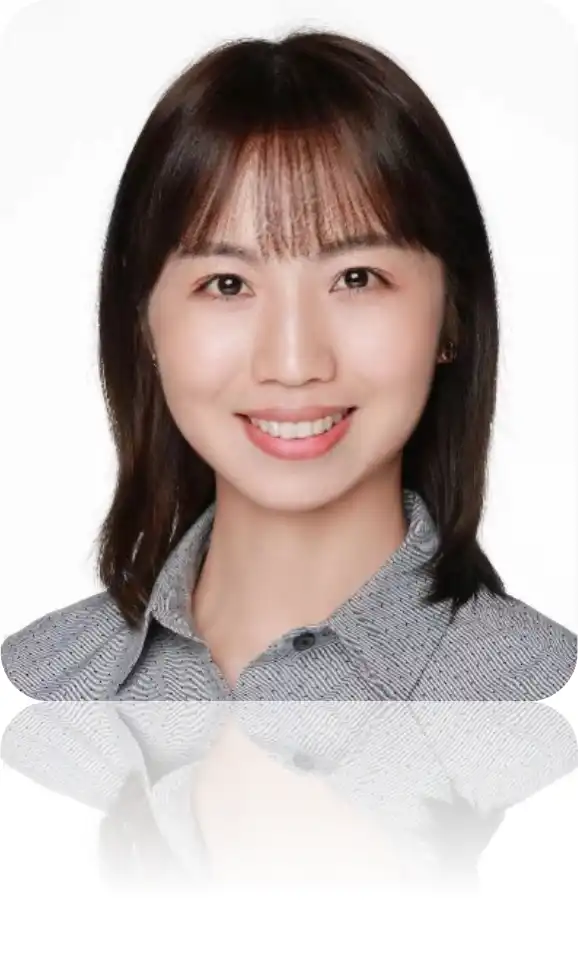
Dr. Ying Zhao, PhD (China)
Dr. Ying Zhao is an Associate Professor and Master’s Supervisor in the Department of Physical Education at Shanghai Jiao Tong University. She earned her Ph.D. in Education from Shanghai University of Sport, specializing in Traditional Ethnic Sports, and completed her postdoctoral research at Shanghai Jiao Tong University.
Her interdisciplinary research focuses on exercise and rehabilitation, traditional Chinese sports, and health promotion. Dr. Zhao has led and participated in numerous projects funded by the National Natural Science Foundation of China, the National Social Science Foundation of China, and various provincial or ministerial programs.
She is the author of a monograph on Taijiquan and immunity and has published multiple academic papers in SCI journals, including Nature Communications. She also serves as a peer reviewer for journals in exercise science, health promotion, and traditional Chinese sports research.
Dr. Zhao's work bridges traditional wellness practices with evidence-based approaches to health, contributing to the global development of Taijiquan as a form of integrated mind–body medicine.
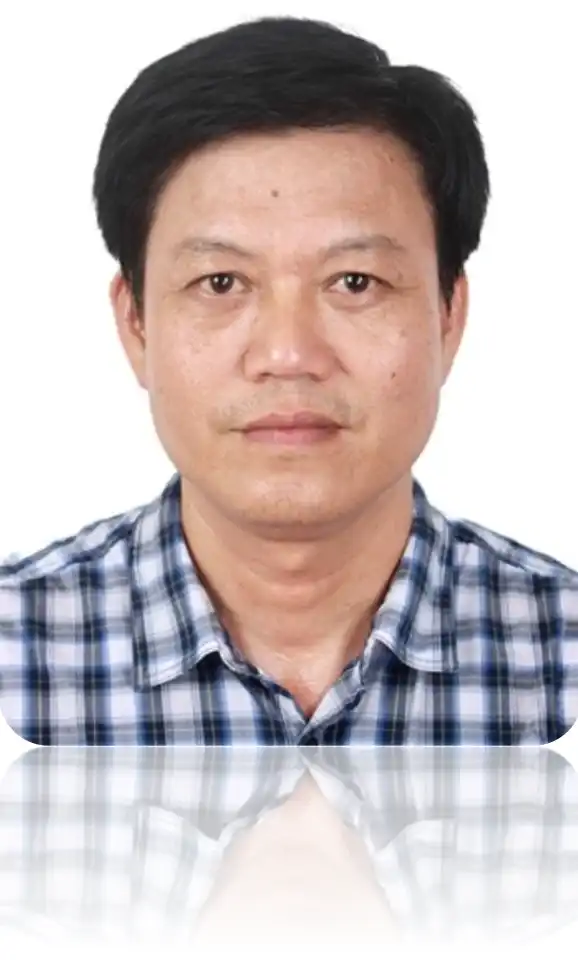
Zhigang Tan (China)
Professor Tan is a third-tier professor and Master’s Supervisor at Nanhua University, where he previously served as Dean of the School of Physical Education. A leading scholar in ethnic traditional sports, he focuses on the preservation and development of China’s intangible cultural heritage through sport.
He earned his degree from Beijing Normal University and completed postgraduate studies at Hunan Normal University in 2000. In 2005, he participated in China's first national postgraduate seminar on sports science, jointly organized by the Ministry of Education and the National Natural Science Foundation.
Professor Tan has led a National Social Science Foundation project, as well as major and key projects under the Hunan Provincial Social Science Foundation and the General Administration of Sport of China. He has published over 30 academic papers, authored three monographs, and served as chief editor of two textbooks.
In 2019, he was invited by the International Health Qigong Federation to serve as a referee at the World Health Qigong Tournament in Australia. He also serves as a peer review expert for the National Social Science Fund and chief expert in folk sports for the Hunan Provincial Vocational Skills Training Center.
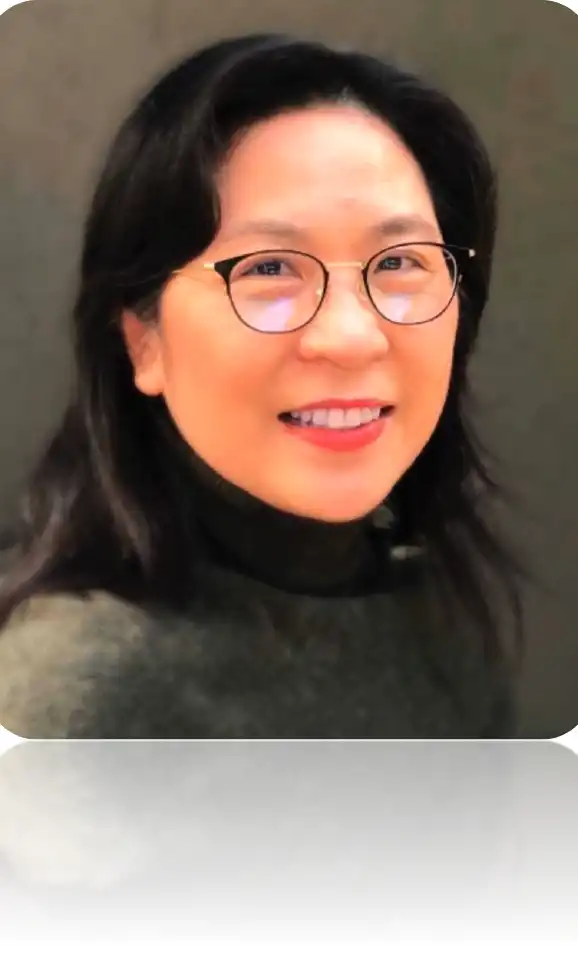
Dr. Cindy Zheng‑Huang, MPH (USA)
Dr. Cindy Zheng‑Huang is a certified health coach and public health practitioner currently based in California. She serves as a Health Coach at University of California San Francisco UCSF, where she contributes to research on non-pharmacologic options for chronic pain management delivered through telehealth platforms.
Holding a Master of Public Health (MPH), Dr. Zheng‑Huang integrates lifestyle medicine, behavior change science, and mind–body techniques to support individuals in achieving sustainable health goals. She is nationally certified by ACE and has over two decades of experience coaching in both clinical and community settings.
Fluent in English and Chinese, she also brings expertise in IT, healthcare systems, and cross-cultural communication. She is passionate about holistic wellness and is also an artist whose pressed-flower creations reflect a philosophy of healing through nature.
Her work bridges modern public health, traditional wisdom, and personalized coaching—advancing accessible, integrative approaches to health promotion and chronic pain care.
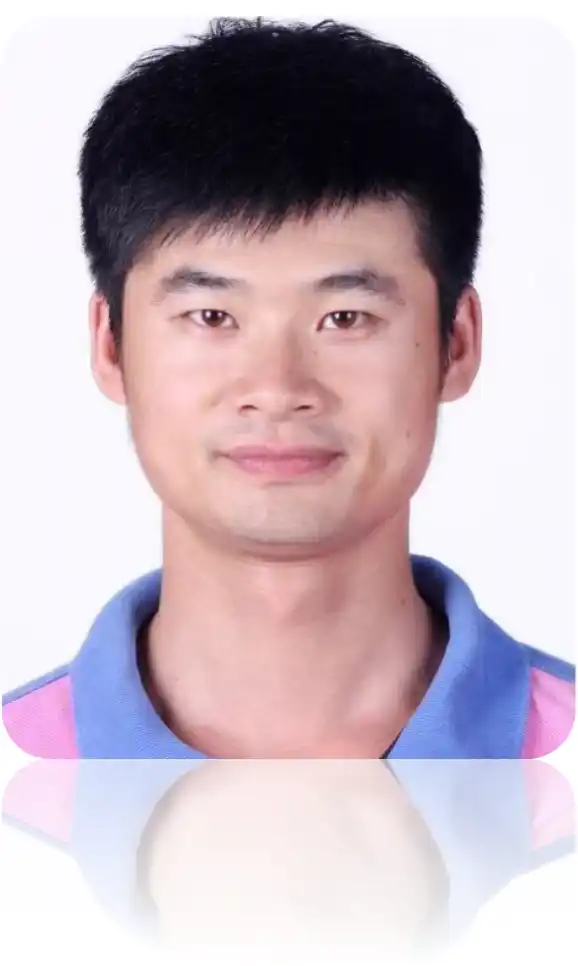
Dr. Haibin Yu i (China)
Dr. Haibin Yu is a Professor at the School of Physical Education, Quanzhou Normal University, and an instructor and examiner of the Chinese Wushu Rank System. He earned his Ph.D. from the Department of Sports Sciences, University of Taipei. His primary research focuses on sports biomechanics and the health-promoting effects of Taiji and Qigong, with particular emphasis on the impact of sports equipment and musculoskeletal injuries on performance and functional activities in athletes, non-athletes, and individuals with disabilities.
Dr. Yu has published over 30 SCI-indexed journal papers, led the China Postdoctoral Science Foundation Project, and undertaken more than 20 other research projects. He has presented at international academic conferences in Brazil, Germany, South Korea, the USA, and Taiwan. He holds 7 invention patents, more than 20 utility model patents, and 4 software copyrights.
In addition to his academic achievements, Dr. Yu has served as a martial arts instructor for international students at Xiamen University’s Overseas Education College. In 2006, he won first prize at the Second World Traditional Martial Arts Festival at Songshan Shaolin Temple. As an exercise prescriber, he is committed to promoting public health through Tai Chi and traditional Chinese wellness practices.
_result.webp)
Dr. Hongxin (Cindy) Sun (USA/China)
Dr. Hongxin (Cindy) Sun is an associate professor-level specialist in science and technology management at the Science and Technology Research Institute of Dalian University of Technology, with 18 years of experience in international S&T cooperation and exchange. She previously served as Quality Control Manager for six years each in the United States and Canada, gaining extensive expertise in cross-border project coordination and quality management.
Dr. Sun has a deep background in traditional Chinese martial arts, having studied Chen-style Tai Chi under the guidance of Cui Li, the 12th-generation inheritor and personal disciple of Grandmaster Chen Xiaowang. She has systematically mastered the first and second routines of Chen-style Tai Chi and Tai Chi Sword. Currently, she continues her Tai Chi studies under the mentorship of renowned Tai Chi master and Professor Kang Wei, focusing on theoretical research and practical application.
Committed to community health promotion, Dr. Sun actively organizes and participates in public welfare training programs, sharing fundamental Tai Chi techniques with diverse audiences. Her work bridges scientific research management and traditional martial arts, contributing to cultural exchange, health education, and the dissemination of Tai Chi philosophy.
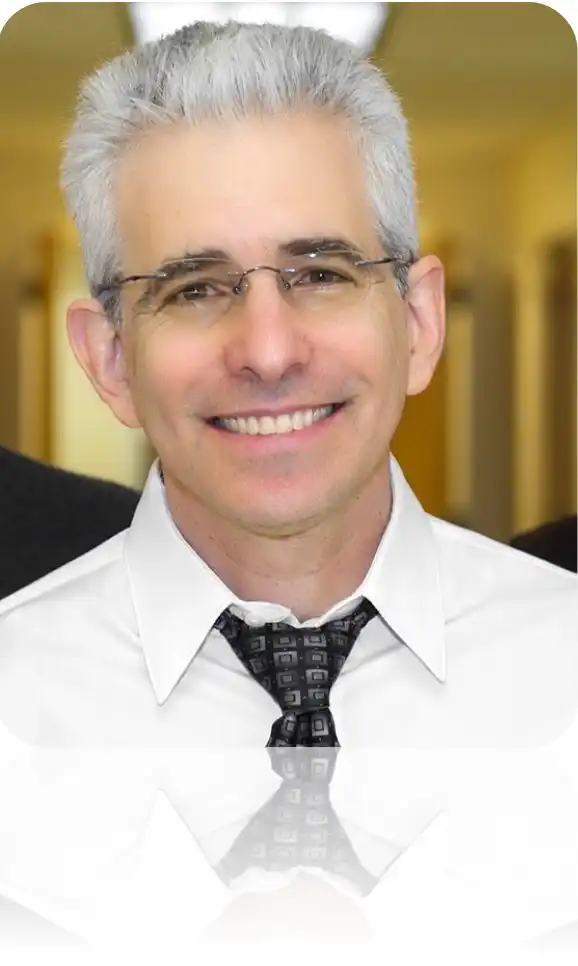
Michael Yanuck, M.D., Ph.D. i (USA)
Michael Yanuck, M.D., Ph.D. is a physician-scientist whose pioneering research at the U.S. National Institutes of Health (NIH) contributed to the development of an FDA-approved cancer vaccine. During his tenure at the NIH, he introduced Biofield Therapy approaches at the National Center for Complementary and Integrative Health, helping expand the scope of integrative medicine.
In 2023, Dr. Yanuck received the Science of Tai Chi & Qigong Award for his contributions to Veterans’ health. His application of external Qigong was linked to significant improvements in severe traumatic brain injury, neurologic deficits, and chronic pain associated with opioid dependence. At the University of California, Davis, he co-led a study on external and internal Qigong, in which long COVID participants experienced statistically significant improvements in fatigue, social role functioning, depression, anxiety, and pain interference.
Currently, Dr. Yanuck serves as Director of the Homeless Veterans Program and Pain Care Champion for the Northern California VA Health Care System. In these roles, he works to integrate evidence-based complementary therapies with conventional medical practice, focusing on whole-person health and innovative strategies for pain management and veteran care.
Dr. Yanuck’s work demonstrates the potential of Tai Chi, Qigong, and related practices as valuable components of integrative healthcare. By bridging scientific research and clinical application, he continues to advance both the evidence base and the accessibility of mind-body approaches for diverse patient populations.
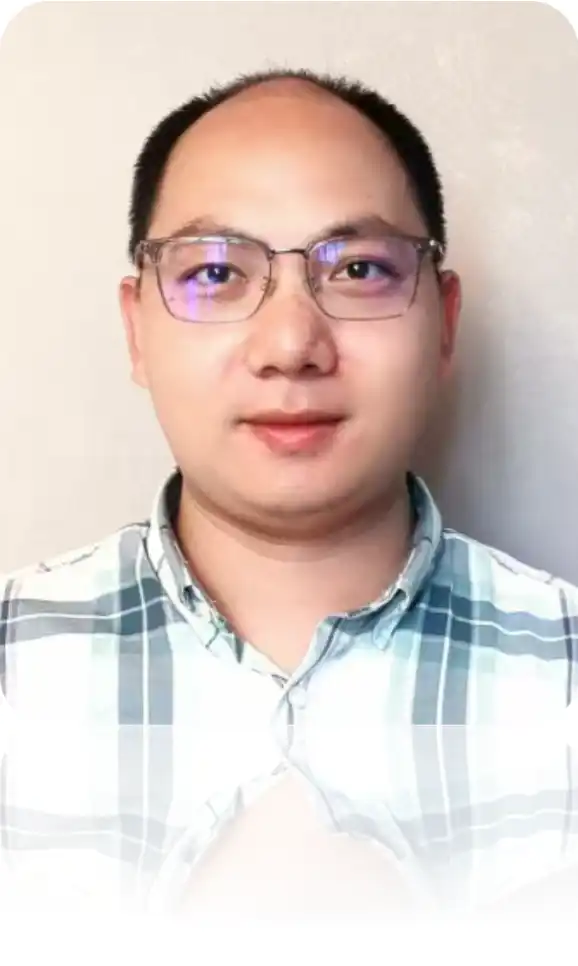
Dr. Feng Wang (Malaysia)
Doctor of Philosophy
Senior Lecturer at Sultan Idris Education University Malaysia
Dr. Feng Wang is a Senior Lecturer at the Faculty of Sports Science and Coaching, Universiti Pendidikan Sultan Idris (UPSI), Malaysia. He obtained his PhD in Physical and Health Education from the University of Malaya and previously studied traditional Chinese sports at Wuhan Sports University and Yangtze University in China. His academic and professional expertise spans Sport Science, Education Science, and Health Science, with a strong emphasis on physical activity and health promotion, exercise-based interventions for chronic diseases, and the role of traditional mind-body practices such as Taichi, Qigong, Mindfulness, and Yoga in modern health systems.
Dr. Wang has developed the innovative concept of “Taichi is Medicine (TIM)” as a new model of health promotion, integrating evidence-based exercise science with traditional practices. His recent studies highlight the positive effects of Taichi on obesity management, cardiopulmonary fitness, core strength, psychological well-being, and stress reduction among young adults. In addition, he has experience teaching in both Malaysia and China, bringing international perspectives to his academic contributions.
He also serves as an editorial board member of several journals and professional associations in health, nursing, and exercise sciences. Actively engaged in interdisciplinary collaboration, Dr. Wang welcomes partnerships with scholars, institutions, and organizations worldwide to advance research, education, and practical applications of sport and health sciences for global well-being.
"
















